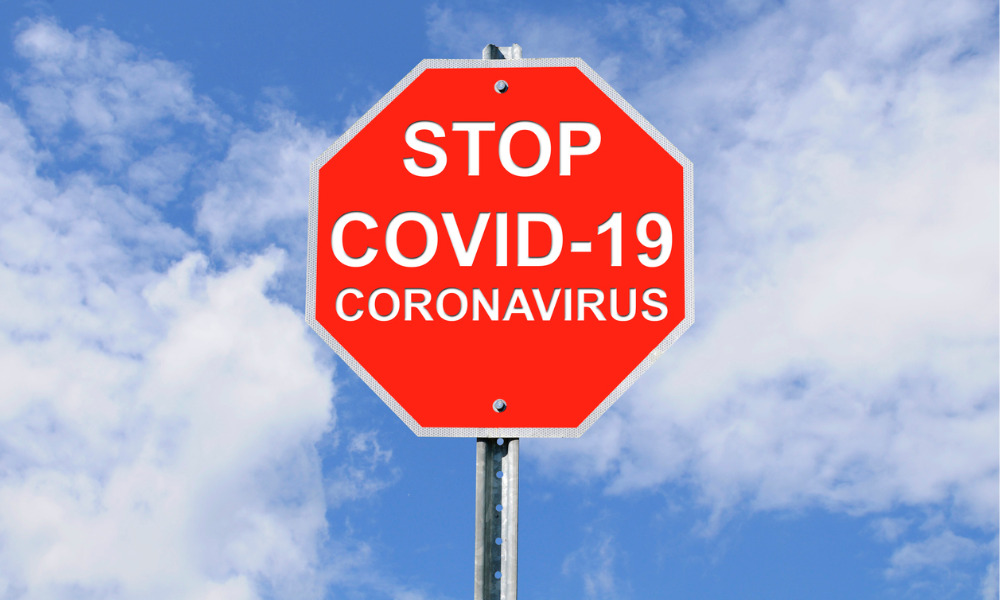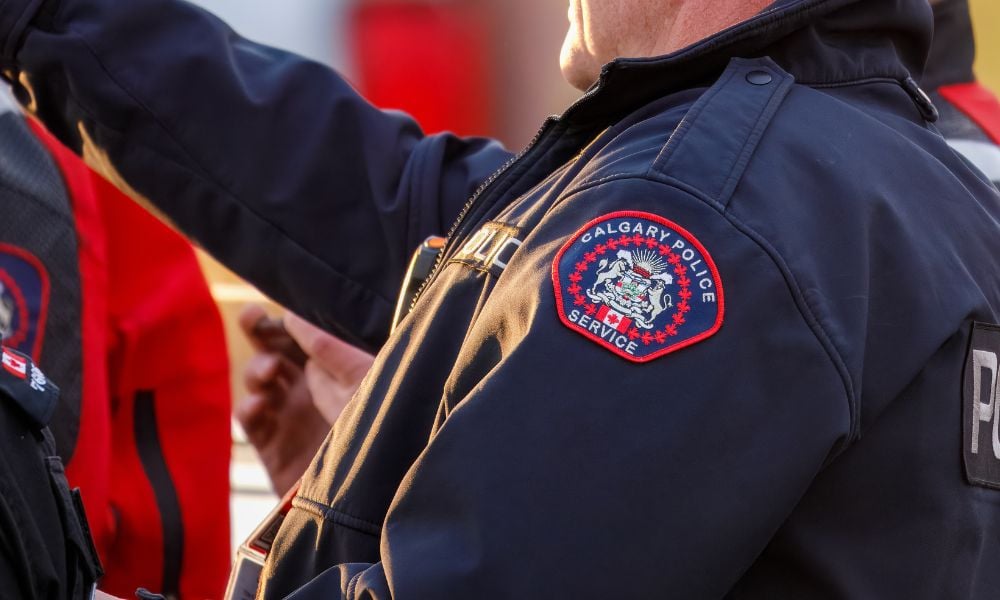‘First Nations must have access to timely and accurate information and we need to over-communicate’

The Assembly of First Nations (AFN) has established the AFN COVID-19 (C-19) National Task Force to help the AFN Executive Committee and First Nations receive accurate information, analysis and recommendations for action during the COVID-19 pandemic.
The task force will work in partnership with the AFN Health and Emergency Management Sectors and external experts to provide information, updates, analysis and recommendations as required during the pandemic.
"This is a time of crisis and uncertainty. First Nations must have access to timely and accurate information and we need to over-communicate. The AFN C-19 National Task Force will be a valuable asset in this effort. We will continue to push all governments to engage directly with First Nations and to act on our unique needs," said National Chief Perry Bellegarde.
The Task Force will be co-chaired by Kevin Hart, Manitoba regional chief, and Kluane Adamek, Yukon Regional Chief. Hart holds the Emergency Management Portfolio for AFN while Adamek holds the Health Portfolio.
The AFN has developed resources and materials for First Nations on the current COVID-19 pandemic. To review or download these resources, visit the AFN COVID-19 Webpage at https://www.afn.ca/coronavirus/.
Scams
The Royal Canadian Mounted Police (RCMP) have repeatedly warned the public that there has been a spike in COVID-19 related scams since the start of the pandemic. The most common reports are fraudulent merchandise sales and phishing emails.
“The fraudulent merchandise sales frequently involve the sale and/or giveaway of health-related products such as facemasks and COVID-19 tests. There are also ‘free’ products being advertised where the victim must pay a fake shipping fee,” said the RCMP.
It also warned that phishing emails impersonate agencies such as the Red Cross, the World Health Organization and the Ministry of Health, and individuals are contacted through email or SMS and provided a link which prompts them to fill out personal and banking information. In some cases, the link contains suspected malware.
Other scams that occur involve individuals being advised of fake positive test results, donation campaigns, door-to-door decontamination services and self-assessment surveys.
Here is what you should do should you be contacted, according to the RCMP:
- Never give out personal or financial details if you did not initiate the call
- Do not click on suspicious links or attachments
- Install anti-virus software
- Be skeptical of emails even if they look legitimate
- Check the ‘from’ address by hovering over the name
- Check the Canadian Anti-Fraud website for a list of reported scams





